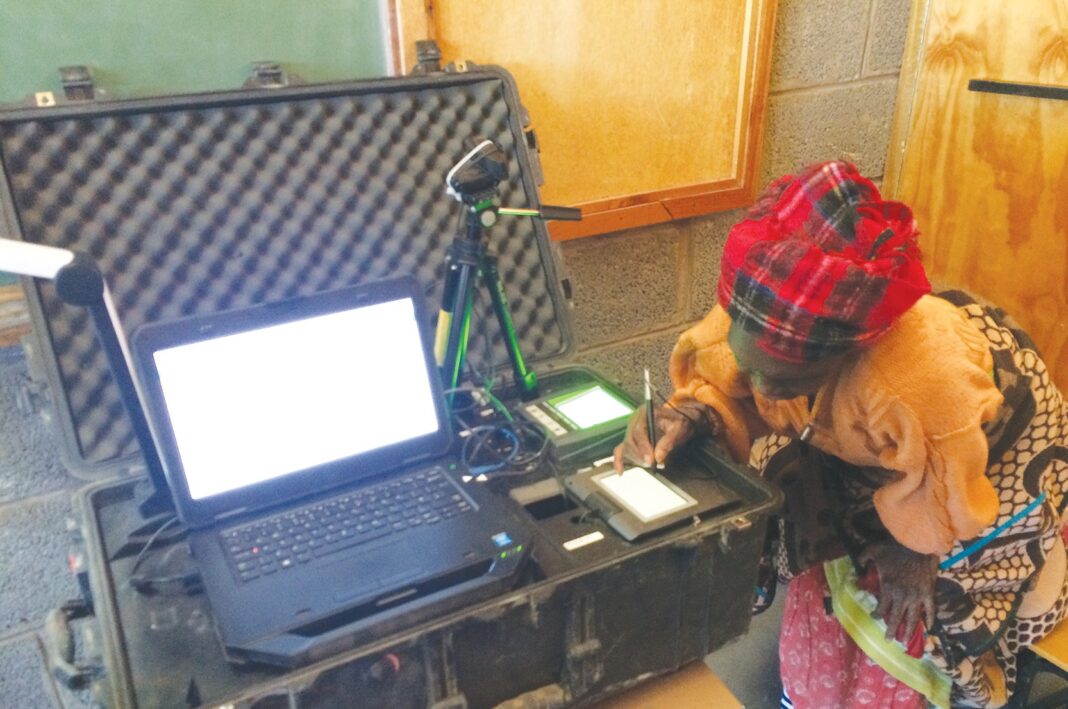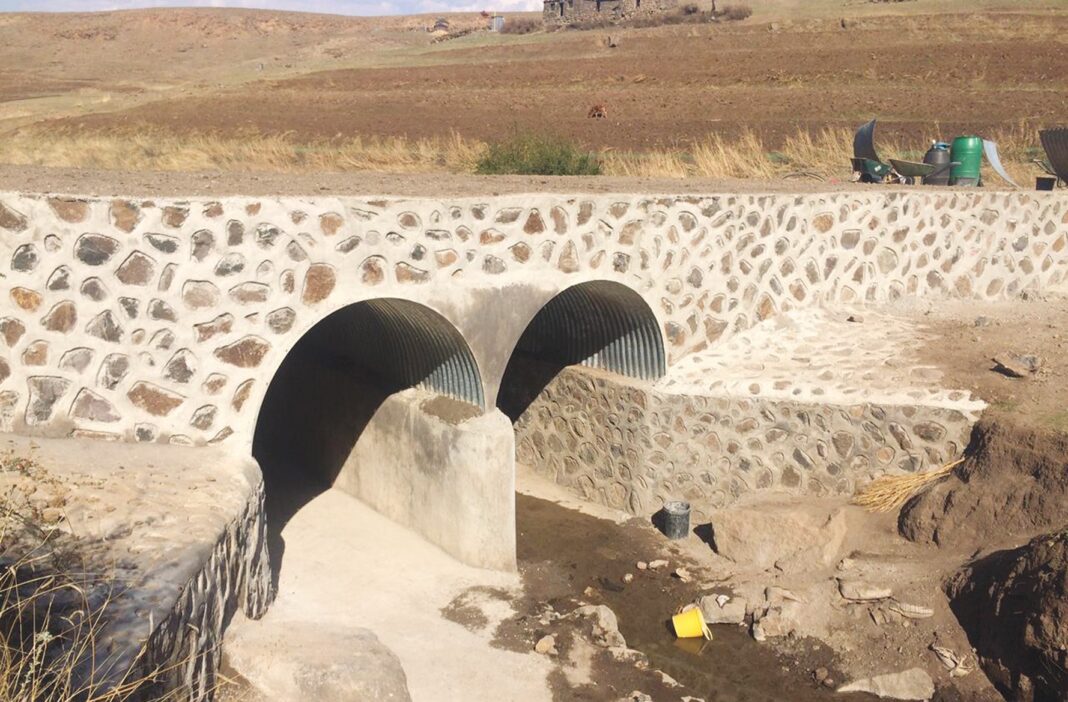By Neo Kolane
An 87-year old resident of Ha Koili in the Thaba-Tseka district, ‘Mapheello Kahlolo, is a happy woman thanks to her long-awaited national identification card which she received last week. The card will enable her to receive her old age pension grant without any qualms.
The elderly woman last received her M750 monthly pension money seven months ago; she was told she would no longer receive the funds because she did not have an ID card, and had been using her voter’s card to access the funds.
Her daughter, Tšepang Kahlolo, said that the family was helpless to act on the decision to stop the beneficiary from continuing to earn her pension grant.
She explained the family was ordered to contact the local chief and the area councillor to apply for an ID, but nothing tangible came out as her blind mother’s ordeal continued.
She said of her mother’s other handicap: “‘Mapheello Kahlolo was unable to get services at Thaba-Tseka town because her legs cannot carry her anymore and that is a limiting factor. We live in a household of seven people and we survive on our mother’s pension money.”
‘Mapheello arrived at Matseng Village in the Manamaneng council on last week to register for her national identity document with the help of her grandson who had accompanied her. horseback.
She said she was involved in an accident whereby she fell and broke her leg resulting in her difficulty to walk.
Added to her ordeal, is that she is blind and can hardly walk by her herself.
She said most of her time is spent indoors.
“If there are means to get a wheelchair that will help me move, it’s of no use because I would end up falling from it.” She thought.
‘Mapheello is proud that she is a healthy person who does not frequent the health facilitiy for medical attention.
According to Lesotho Policy for Older Persons 20214, about eight percent of the population in Lesotho is aged 60 years and above. This makes roughly 150, 000 old people in the country. Most care for the older persons is provided in the households in which they live.
“However, these households are likely to be poor. This is because the elderly are physically and economically challenged hence have few opportunities of earning income through work.
“As a result the elderly tend to be perceived as a liability. Until recently, older persons in Lesotho were dependent on the incomes generated by other members of the household,” the Lesotho policy reads.
The policy says old age comes with associated physical, mental and physiological changes which present new needs and challenges for the social welfare of this age group. In addition, older persons in Lesotho are particularly disadvantaged due to limited social security for their everyday social and economic needs.
It also states that the care and support by the family and community that used to be done in the past has declined due to changes in societal relationships associated with urbanisation and modernity.
“Thus, apart from their large numbers, the attention to older persons should also, and above all, be seen in terms of right to a decent quality of life and to basic needs.
“It should be recognized that the existence of today’s society is attributable to the efforts by previous generations. Therefore, it is important for the Lesotho National Policy for Older Persons to advocate for intensive efforts to effectively cater for the needs of its old people,” the policy states.
The minister of home affairs, Motlalentoa Letsosa, visisted the council of Linakeng where he provided home affairs services to the villages of Ha Koili, Matseng, Ha Qene and Ha Matete.
The ministry’s officials were registering the residents of those villages to obtain birth certificates and national identity cards.
While pleading with the public to apply for the certificates and the national identity cards, he suggested that such issuance was a means to combat rampant human trafficking.
Deputy minister of home affairs, Maimane Maphathe, the attendees to take good care of the items.
He urged parents to ensure that new born babies leave the hospital or clinic in possession of birth certificates.
One villager from Ha Qene, Mathebane Mozamane, complained it was hectic travelling from her dwelling to apply for the two documents in Thaba-Tseka town.
Mozamane said it took one about a three hour walk to arrive in that town. Public transport is scarce.









